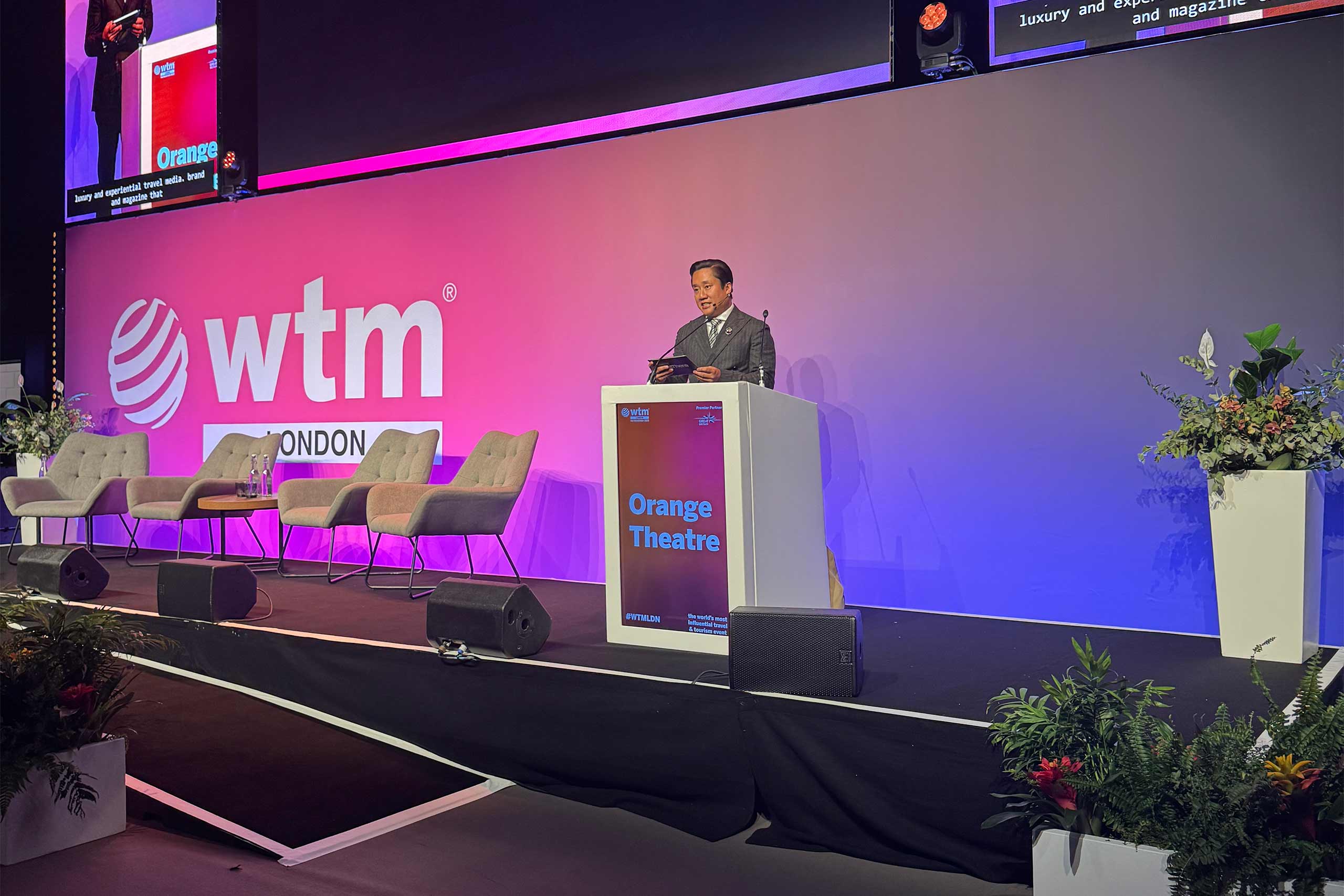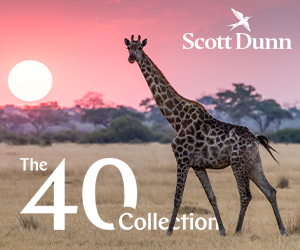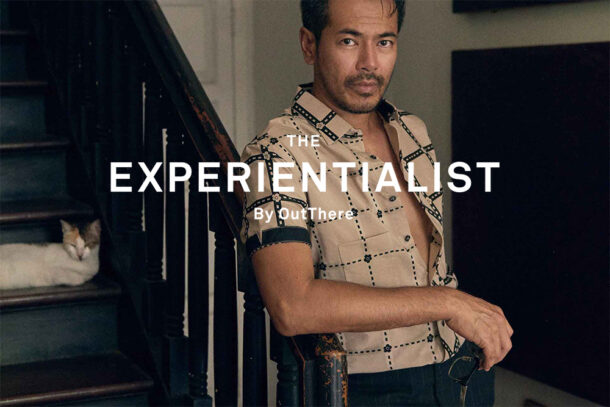Diversity, equity, accessibility, and inclusion: you’d think they were the four horsemen of the apocalypse, given how much heat they’ve drawn in public debate lately. Yet, this year’s DEAI Summit at WTM London 2025 told a very different story. Bringing together travel’s most forward-thinking leaders and changemakers, the summit focused on moving beyond rhetoric to focus on reality, showing that inclusion isn’t just a burden or PR exercise, but an essential force that keeps the industry relevant, competitive, and connected to the very world it serves.
Another year, another stampede of lanyards cutting across East London, all bound for ExCeL – the annual home of WTM London. From 3–5 November, the event once again pulled together the great, the good and the jet-lagged of global travel for three days of networking, knowledge-sharing, and future-gazing. Among the many conversations shaping the agenda was the DEAI Summit, WTM’s dedicated platform for championing diversity, equity, accessibility, and inclusion in travel. Now in its second year, the summit took on a new edge with the theme Reclaiming Global Inclusion, a call for the industry to take back ownership of a principal that has been politicised and disfigured in recent years.
The DEAI Summit was once again led by OutThere’s Experientialist-in-Chief, Uwern Jong, in his role as WTM’s DEAI adviser and moderator. Opening the event, he noted the shift in tone from last year’s debut, reminding the room that ‘discomfort is where discovery begins,’ and that true belonging is reignited by those courageous enough to lead with integrity. BBC travel presenter and award-winning journalist Rajan Datar then picked up the thread by sharing a cherished travel memory involving a stranger he met in New York City – someone whose background, culture, and story were markedly different from his own. Yet, in the brief space of that car journey, they found common ground. His story reminded the room that the true essence of travel lies in those unexpected moments of human connection and how being able to approach others with curiosity and cultural awareness is vital in this industry.
The first panel of the day, titled Everyone’s Welcome, or Are They? and moderated by Finn Partners’ Amy Skelding, brought together Richard Thompson (Inclu Group), Edgar Weggelaar (Queer Destinations), and Joanna Reeve (Intrepid Travel) for a candid conversation on the realities of ‘inclusion fatigue’ and the political rollback on DEAI. But, crucially, how travel companies can respond with conviction. ‘Diversity makes businesses great businesses,’ said Joanna, who emphasised that marketing materials should represent a wide range of identities, not just because it is the right thing to do, but because it is commercially and financially smart.
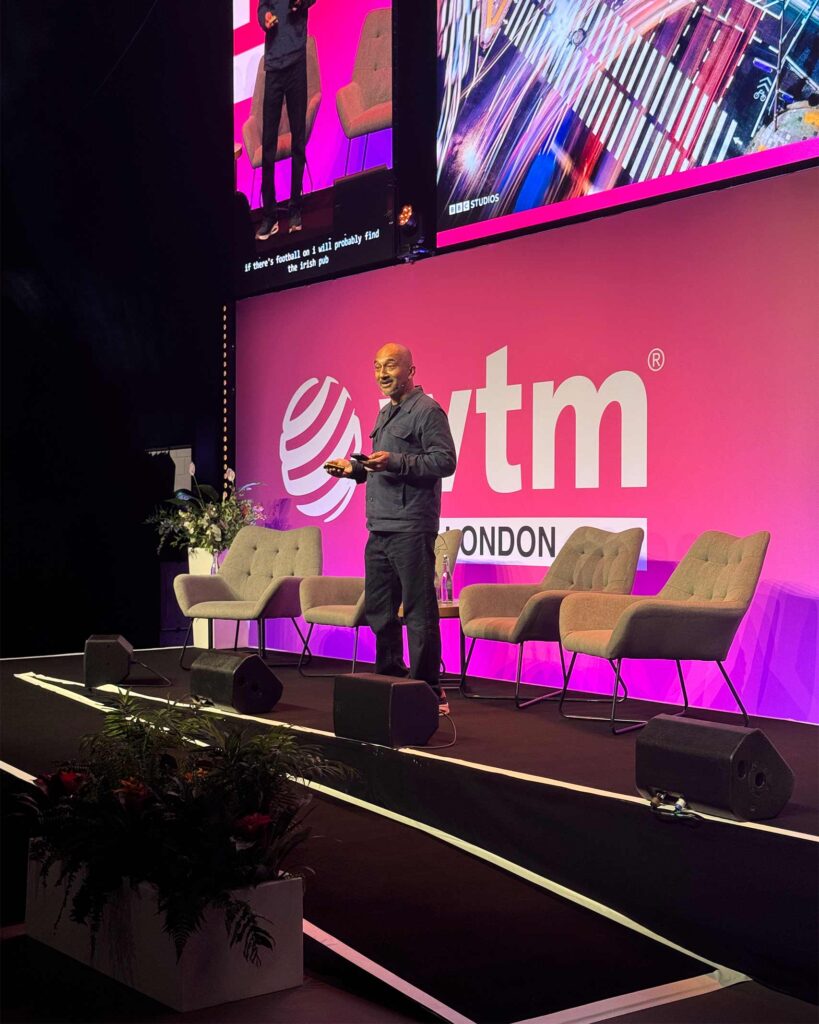
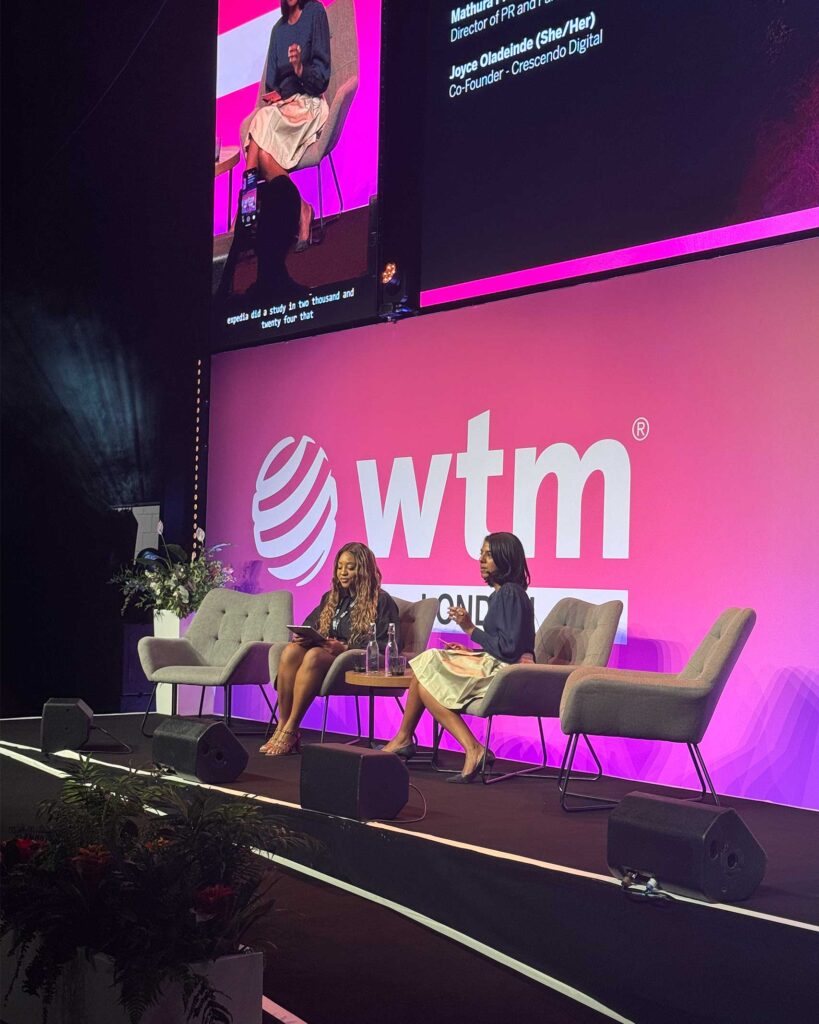
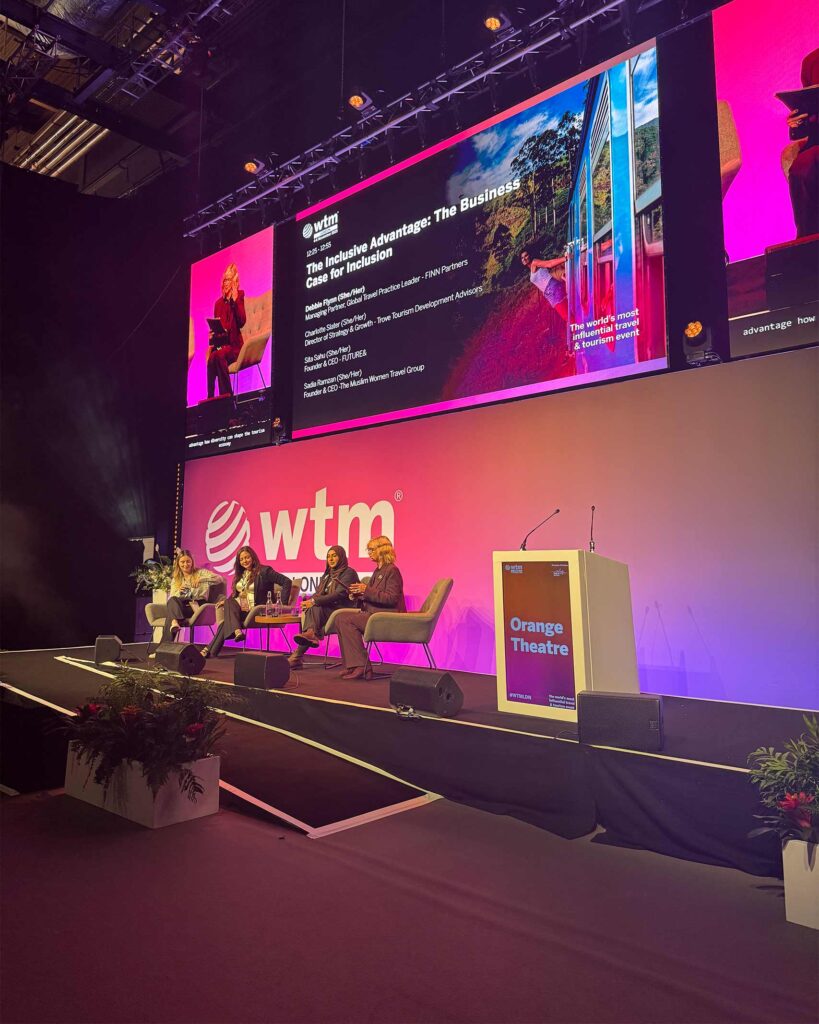
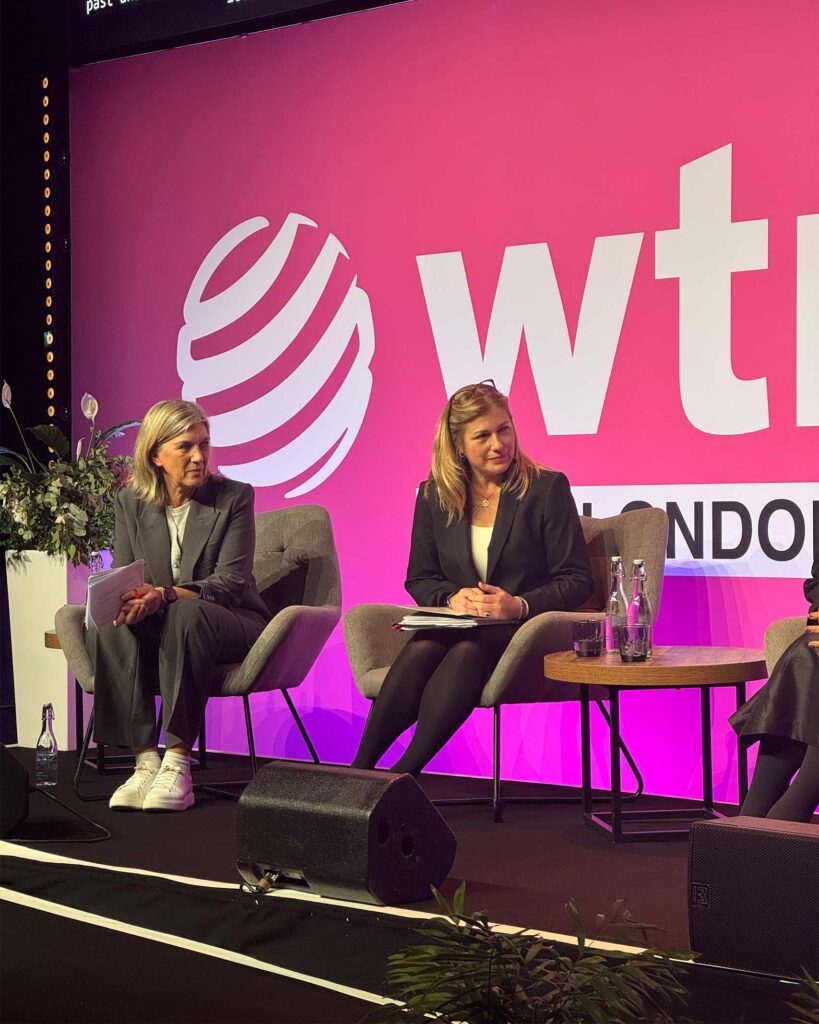
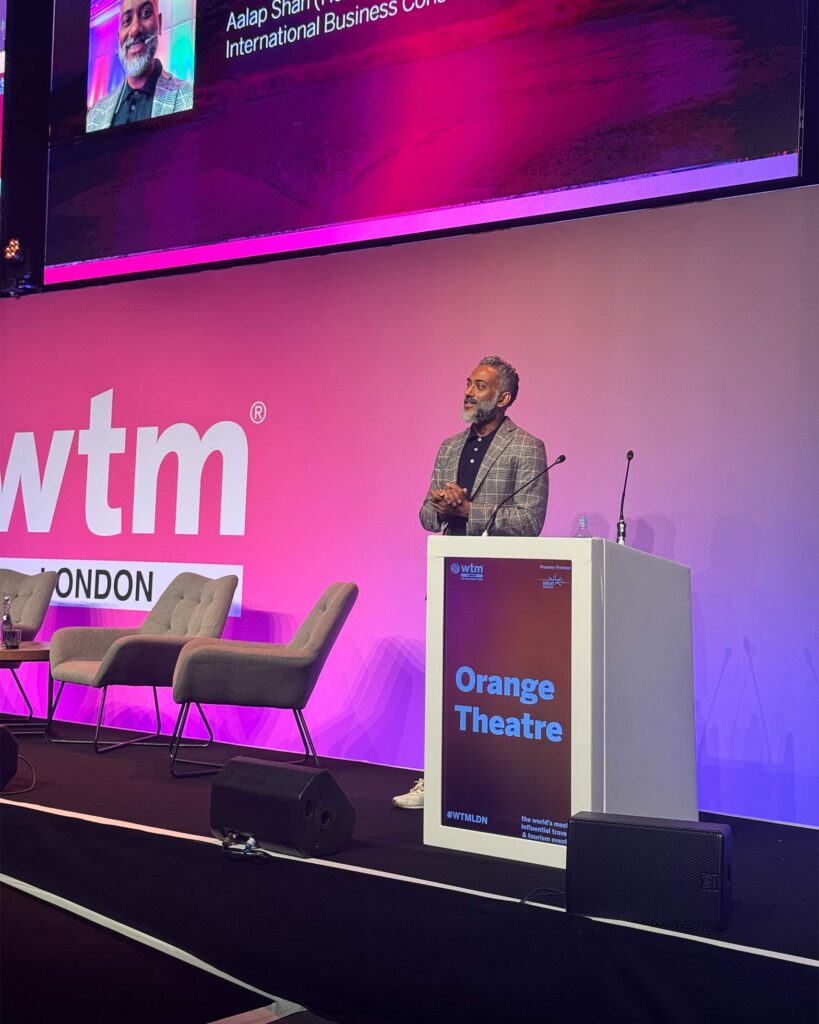
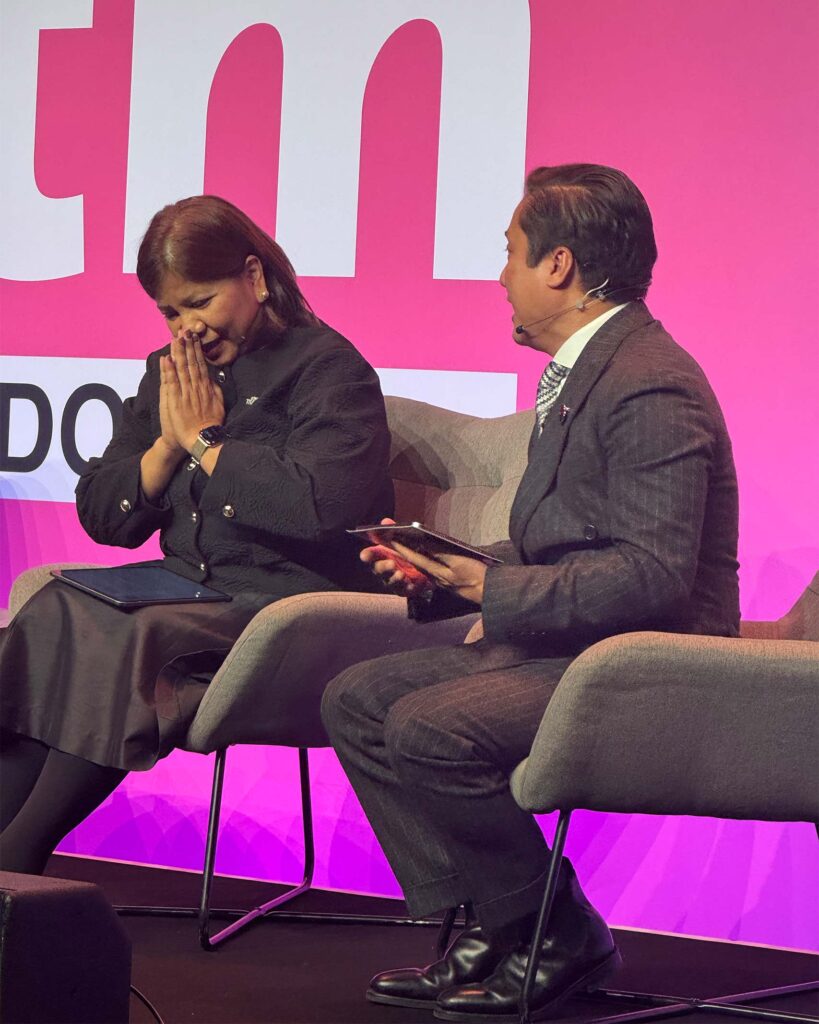
Edgar pointed out that as political rhetoric against DEAI has increased in the media and political space, so too have hate crime statistics. He cautioned that this trend could negatively impact U.S. tourism, something International Business Consultant Aalap Shah (ELTA) would later stress by using the Caribbean as a case study: research by Open For Business reveals that 18% of travellers would not visit the region, primarily because of the anti-LGBTQ+ laws and stigmas. On the flip side, the recent legalisation of same-sex marriage in Thailand is projected to boost tourism by attracting an additional 4 million international visitors annually, which will bring in an estimated increase of $2 billion in revenue every year (never underestimate the Dorothy Dollar!).
Amid conversations on political pushback and representation, Richard drew attention to an issue that often receives far less airtime. Disabled travellers, he noted, are not a marginal group but one that every one of us is statistically likely to become part of in our lifetime, whether through age, illness, or circumstances. Yet, the industry still treats accessibility as an afterthought. In fact, in a shocking audit of 600 hotels, his team found more detailed information on pet amenities than on accessibility. ‘We’re turning disabled people into gamblers,’ he said. ‘They’re spending tens of thousands on a trip without knowing what they’ll actually get.’
A recurring frustration at the WTM London summit was the industry’s habit of treating accessibility as something that can be ‘checked off,’ rather than understood as a broad and diverse set of needs. In the From Compliance to Compassion session, led by Emma Partlow (Transreport), Tim Williamson (Responsible Travel) pointed out that providers tend to focus on mobility and call it a day, even though the majority of disabled travellers are not wheelchair users.
What about guests with visual or auditory impairments? What about invisible disabilities that cannot be seen? Sassy Wyatt (Blind Girl Adventures) and Diego Aragón Lozano (TUR4all Travel) reminded the room that the answers to these questions already exist within disabled communities themselves. The key is inviting disabled travellers to share their voices, rather than speaking on their behalf. ‘Nothing about us without us,’ as they say.
The sentiment of giving marginalised voices a genuine seat at the table was echoed by Mathura Premaruban (The Set) and Joyce Oladeinde (Crescendo Digital), who, in a fireside chat, spoke candidly about the importance of hiring people from different backgrounds, not only in public-facing roles, but behind the scenes too – in marketing, writing, and creative positions where they can enrich businesses with their unique perspectives.
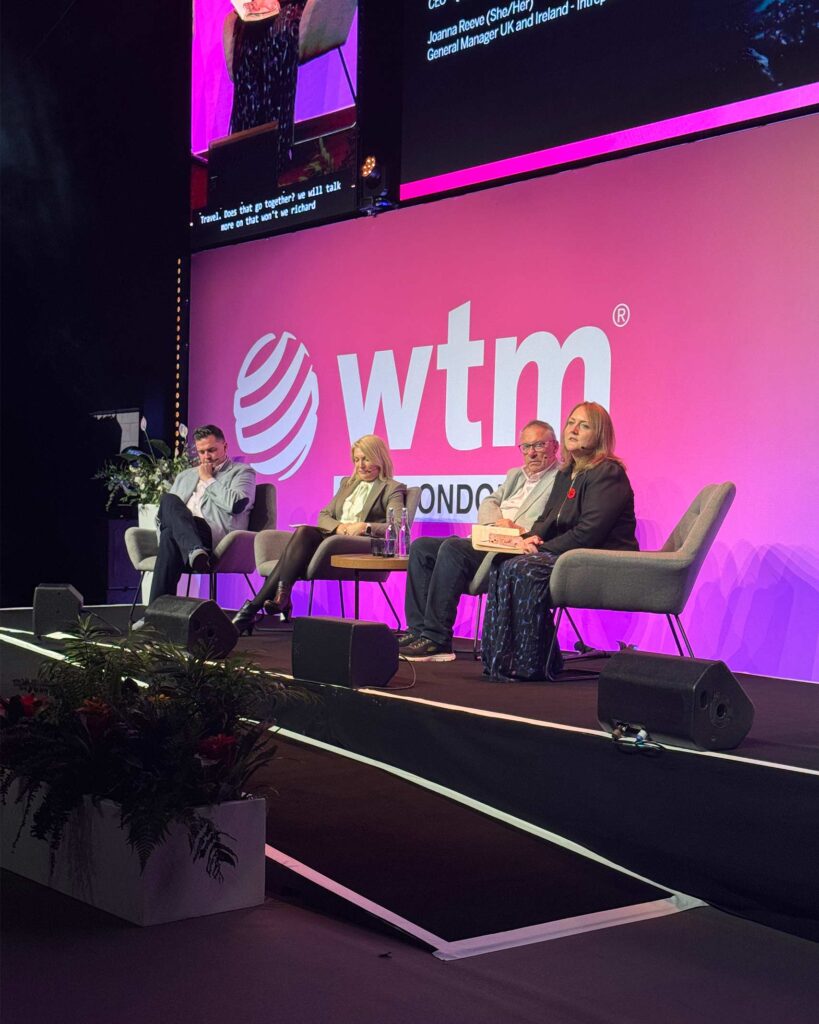
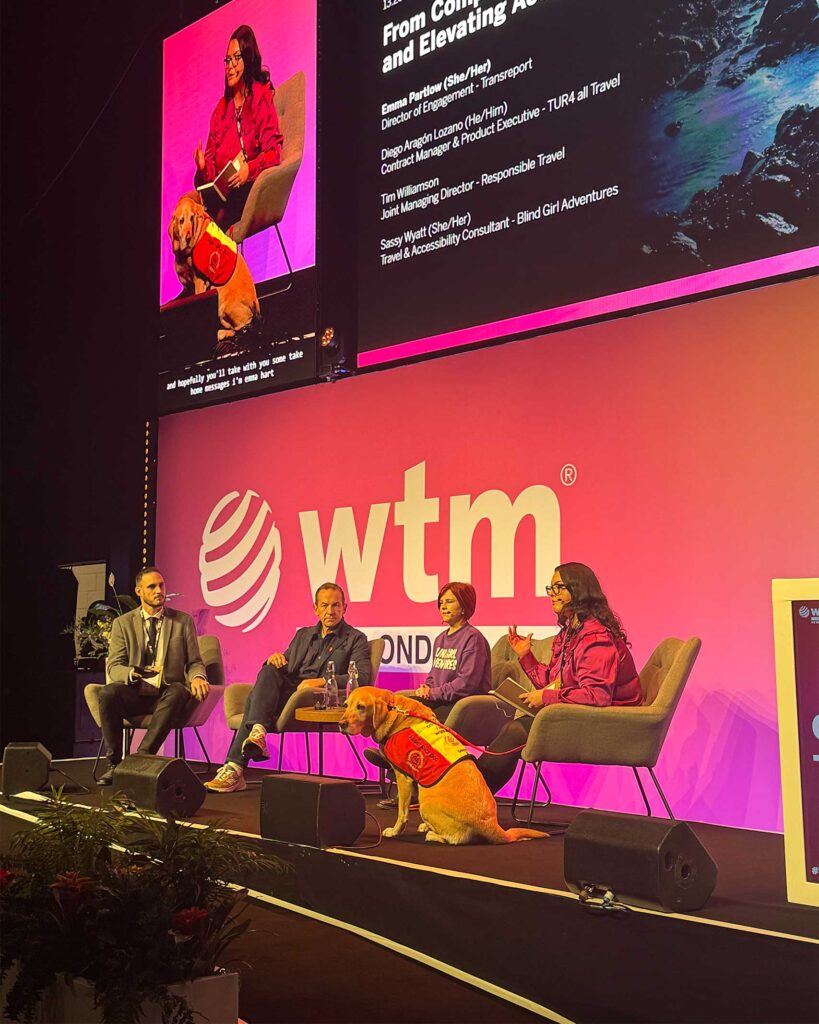
But it’s important to say the WTM London summit wasn’t all about naming what’s broken. In the Destinations with Heart segment, Uwern returned to the stage alongside Iceland’s Minister of Industries, Hanna Katrín Friðriksson, Malta Tourism Authority’s UK & Ireland Director, Tolene van der Merwe, and TAT’s Deputy Governor, Chiravadee Khunsub, to celebrate some of the fabulous strides their countries are making in the realm of DEAI.
Hanna reflected on Iceland’s recent Women’s Day Off protest – marking 50 years since the landmark strike for gender equality – and noted that the momentum from that movement continues to shape how the country approaches inclusion today. Meanwhile, Tolene discussed Malta’s well-established reputation as an LGBTQ+ welcoming destination, while making clear that the work does not stop there. She shared that Malta is now supporting new academic research into inclusive tourism, and that she is working on a project to help blind travellers experience the island more fully. Finally, Chiravadee spoke proudly of Thailand’s historic step in legalising same-sex marriage, the tourism opportunities that milestone is bringing, and the national tourism board’s dedicated LGBTQ+ platform, Go Thai Be Free.
Debbie Flynn (FINN Partners), Charlotte Slater (Trove Tourism Development Advisors), Sita Sahu (FUTURE&) and Sadia Ramzan (The Muslim Women Travel Group) also took to the stage to underline the business benefits for DEAI. ‘Inclusion isn’t just a moral imperative, it’s a competitive edge,’ said Debbie, while Sita pointed to research showing that one in four travellers are more likely to choose brands they view as inclusive.
What became clear throughout the day at WTM London is that the business case for DEAI cannot be dismissed, and as rights are challenged and progress is pushed back in some places, the travel industry has a big choice to make. Brands can either retreat or they can meet the moment head-on, by reflecting the world they love to explore and designing experiences that acknowledge the full spectrum of travellers who move through it. The evidence was presented again and again: when people feel seen, welcomed, and understood, they travel. They return. They recommend. They invest.
To ignore inclusion is to ignore your audience. And in a global industry built on connection, culture, and exchange, that is simply bad business. So, despite what certain corners of the discourse might say, the message at WTM London was clear enough. If the alternative slogan has been ‘go woke, go broke,’ the data and experiences in this room said otherwise. Go woke, win big.
Photography courtesy of OutThere


